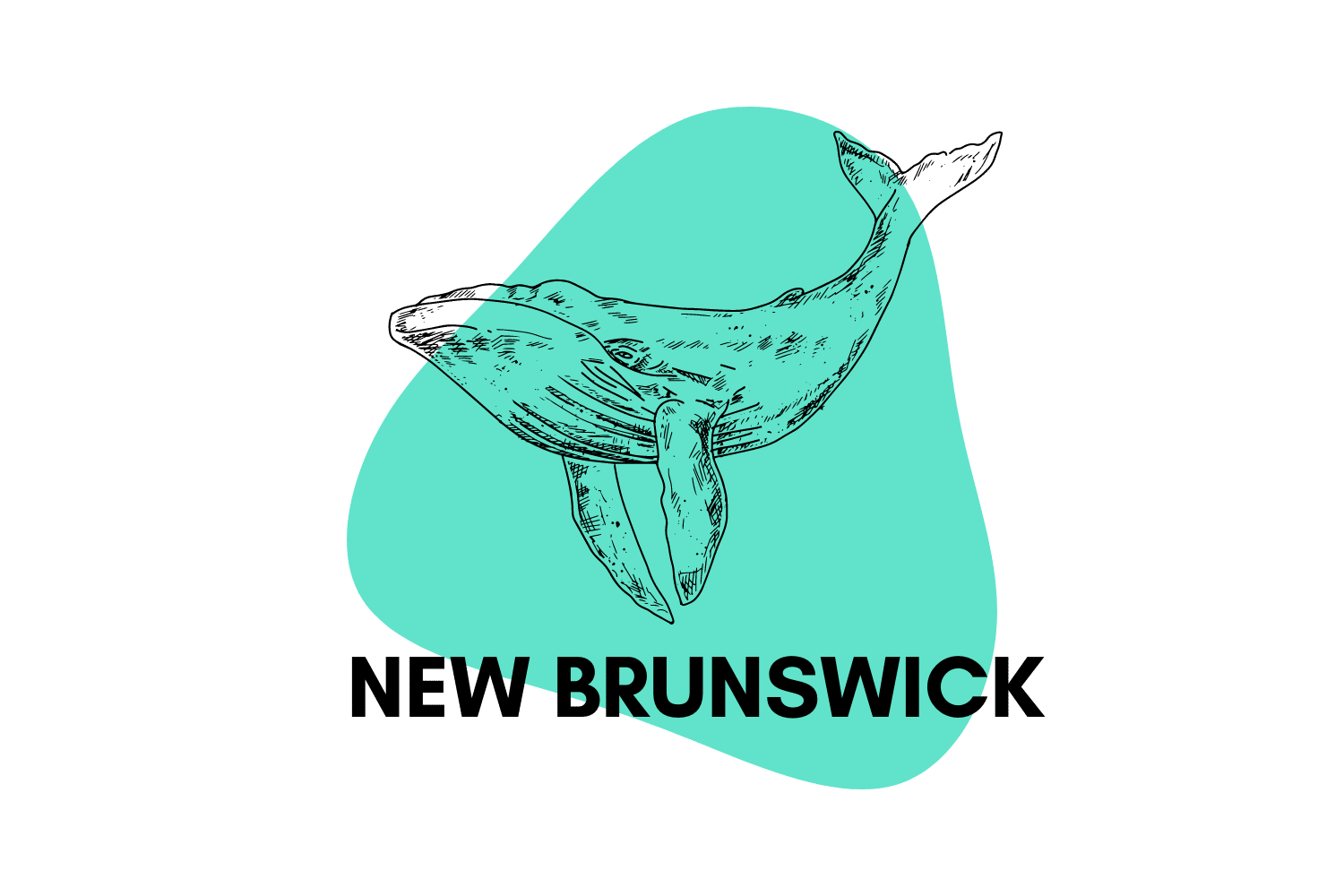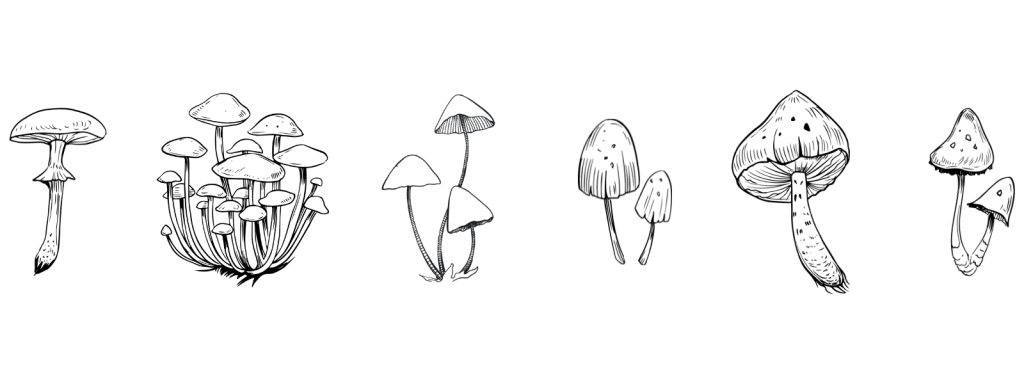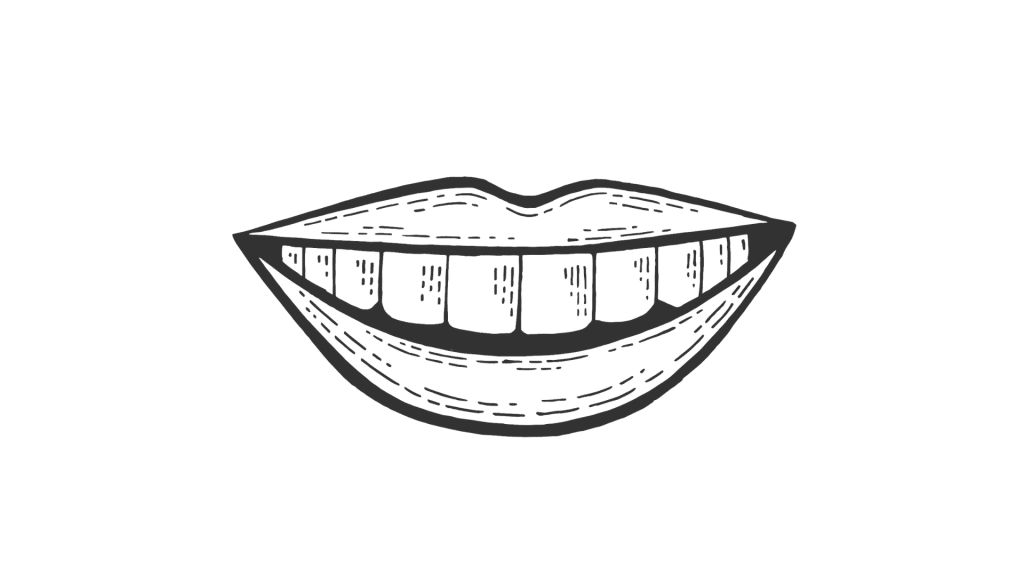Crystal meth, DMT, Ecstasy, Ecstasy, LSD, Magic Mushrooms, MDMA, Mushroom, psychedelic, psychedelics
Are Psychedelics Mushrooms legal In Brunswick?

Are Psychedelics Mushrooms legal In Brunswick? Psychedelics are illegal in New Brunswick, Canada, and even though authorities may not prosecute the user, fines and penalties remain in force. Still, citizens can apply for medical exemptions.
Moreover, the federal government has received petitions to decriminalize controlled substances from other provinces. This article will discuss these substances and analyze what their future holds.
Summary of Psychedelic Drug Laws in New Brunswick
- Psychedelics and magic mushrooms are illegal in New Brunswick.
- The minimum fine for possession and use is $1,000 or six months in jail.
- New Brunswick deprioritized user prosecution.
- Cannabis is legal for medicinal and recreational use for Canadians over 19.
- Public use of cannabis is a Category C offense.
- Therapeutic use of psilocybin is legal.
- Purchase of grow kits and spores is not illegal.
Are Magic Mushrooms Legal in New Brunswick?
No, magic mushrooms are illegal in New Brunswick.
The Canadian Controlled Drugs and Substances Act (CDSA) considers psilocybin a Schedule III substance. You may possess these mushrooms legally with a prescription or a license. Otherwise, the minimum fine is $1,000 or 6 months in jail.
Still, Health Canada allows terminally ill patients to obtain exemptions for medical use. Of course, the patient accesses treatment only in licensed medical facilities, where a team of physicians supervises the patient.
In this way, Health Canada supports the various scientific entities that recommend the reclassification of psilocybin.
The law does not explicitly permit the purchase of magic mushroom spores and cultivation kits, yet it does not prohibit it either, as the spores themselves do not contain psilocybin.
Where to Buy Magic Mushroom Spores in New Brunswick
Magic mushroom spores do not contain psilocybin, so they are not a banned substance in New Brunswick. But under section 7.1 of the CDSA, cultivating any controlled substance is an offense that carries a maximum penalty of ten years imprisonment.
Citizens who need to grow them for medicinal purposes can apply for an S-56 exemption. However, you can easily buy mushroom spore kits since possessing or purchasing them without cultivating them is not considered a crime.
Do Magic Mushrooms Grow Wild in New Brunswick?
Yes, magic mushrooms grow in New Brunswick.
There are nearly 200 documented species of psychoactive mushrooms, which can survive almost anywhere in the world. They are most prevalent in subtropical regions but thrive in any climate except the harsh conditions of Antarctica.
The most common species in New Brunswick are:
Gymnopilus luteus
This fungus grows solitary or gregarious and forms small clumps on dead hardwood trees. You may see it from June to November in hardwood forests near Fredericton.
Psilocybe fimetaria
This species forms individuals or small clumps on horse or cow dung. It may also fruit in large rings in grassy areas or on rich soils from September to November. Although its distribution is vast, it is not a very well-known specimen.
Psilocybe semilanceata
This mushroom is one of the most potent and thrives in many parts of the world. It prefers to inhabit grasslands, especially in wetter areas. This species feeds on the roots of decaying grass.
It tends to fruit solitarily or in rich soils, such as meadows, pastures, or lawns. It also thrives in autumn and winter, more prevalent in areas bordering Prince Edward Island and Nova Scotia.

What Are the Medicinal Uses of Shrooms?
Psilocybin has been the subject of scientific research since Albert Hofmann first extracted it in the early 1960s. Lately, it has been making a comeback thanks to studies on its therapeutic efficacy. As a result, Health Canada has already approved its medicinal use in psychotherapy.
First, psilocybin has shown potential to treat depression, a condition suffered by one-third of the world’s population. Its symptoms include constant sadness and hopelessness, and many patients lose interest in activities they used to enjoy.
Psilocybin does not cure depression per se, but the psychedelic experience unconsciously changes the patient’s perspective. This directly impacts the person’s self-esteem and mood even after a single session, surpassing the effectiveness of chemical antidepressants.
In addition, magic mushrooms can alleviate symptoms of post-traumatic stress disorder (PTSD). Psilocybin can stimulate neuroplasticity and decrease activity in the amygdala. Both regulate nervousness and can help the patient open up to the process of trauma integration.
Furthermore, in New Brunswick, mushrooms are legal for palliative care for terminally ill patients. These patients suffer from existential anxiety, an overwhelming feeling that makes us question our life’s purpose or place in this world.
Psilocybin significantly decreases symptoms of depression and anxiety related to existential dread. As a result, people can accept their future and achieve peace of mind even after a single microdose.
Another medicinal use of mushrooms is the treatment for cluster headaches, with studies showing superior efficacy to conventional therapies. Moreover, anecdotal patient records claim that psilocybin significantly reduces symptoms.
Cluster headaches are an incredibly debilitating condition. Patients experience severe pain on one side of the head, body aches, numbness, eye swelling, tearing, irritability and moodiness.
As if it wasn’t enough, psilocybin provides mystical experiences useful in addiction therapy. Psychotherapy assisted with shrooms proves effective against smoking, alcoholism, and addiction to other substances.
Finally, shrooms can stimulate creativity and enhance problem-solving abilities.

Is LSD Legal in New Brunswick?
No, LSD is illegal in New Brunswick.
LSD (lysergic acid diethylamide) is a Schedule III controlled substance, and its use or possession is punishable by a fine of more than $1,000 or six months in jail. However, New Brunswick authorities do not usually prosecute the user.
Is DMT Legal in New Brunswick?
No, DMT is illegal in New Brunswick.
According to the CDSA, DMT (N,N-dimethyltryptamine) is a Schedule III substance, and you’ll need a prescription or a medical marijuana license to use or possess it legally. Otherwise, the minimum fine starts at $1,000 or up to six months in jail. Are Psychedelics Mushrooms legal In Brunswick?
Schedule III contains DMT and its other forms, so ayahuasca, changa, and Bufo toad venom are also forbidden. Even so, Health Canada allows the religious use of ayahuasca to particular groups, such as Uniao do Vegetal, Santo Daime, and others.
Is MDMA Legal in New Brunswick?
No, MDMA (ecstasy) is illegal in New Brunswick.
Canadian law considers MDMA a Schedule I substance. Although prosecution is deprioritized, its possession and use carry a fine above $1,000 or six months in jail.
In addition, Canada is likely to seek to legalize its medical use because of its apparent efficacy in psychedelic-assisted psychotherapy. Although recreational use of MDMA will probably not be legal anytime soon, its decriminalization may happen shortly.
Is Ketamine Legal in New Brunswick?
Ketamine is legal for medical purposes in New Brunswick.
Ketamine is legal strictly for use as a medical or veterinary anesthetic. Otherwise, ketamine is a Schedule I substance under the CDSA. This means that its recreational use and possession carries a minimum fine of $1,000 or six months in jail. Are Psychedelics Mushrooms legal In Brunswick?
Is Marijuana Legal in New Brunswick?
Cannabis is legal for both recreational and medicinal purposes in New Brunswick.
In 2018, the Cannabis Act made Canada the second country to legalize marijuana after Uruguay. However, in New Brunswick, this law was regulated differently than the federal law.
The law allows New Brunswickers over the age of 19 to:
- Buy, possess or cultivate cannabis.
- Cannabis NB is the only legal retailer.
- Possess up to 30 grams of dried cannabis.
- Cannabis must be inaccessible to minors in the home.
- Grow up to 4 plants per household for personal use.
- Purchase cannabis products from registered sellers.
- Sharing up to 30 grams of dried cannabis with other adults.
However, the use of cannabis in public is a Category C offense, with a fine of between $140 and $1100. On the other hand, both delta 9 and delta 8 THC are legal. Therefore, we infer that other cannabinoids such as delta 10 THC are allowed, although the law does not mention them.
While marijuana is legal, some cannabis-related offenses are still in effect. For example, sharing marijuana with a minor can be punishable by up to 14 years in prison.
What’s the Difference Between Legalization & Decriminalization?
This section explains the differences between legalization and decriminalization, two very similar terms that people often confuse. When talking about substances, these differences are very noticeable.
For example, decriminalization implies a considerable reduction in fines. Even so, the substance remains illegal, so the only way to obtain it is through the black market.
Finally, legalization means that fines and penalties disappear, so use and possession are legal, albeit with limitations. As a result, the authorities create a regulatory framework for buying and selling, taking them out of the control of illegal traders.
Psychedelic Laws in Other Canadian Provinces
Some provinces treat drug offenses differently than New Brunswick.
- Psychedelics in Alberta
- Psychedelics in British Columbia
- Psychedelics in Newfoundland and Labrador
- Psychedelics in Northwest Territories
- Psychedelics in Nova Scotia
- Psychedelics in Nunavut
- Psychedelics in Manitoba
- Psychedelics in Ontario
- Psychedelics in Prince Edward Island
- Psychedelics in Quebec
- Psychedelics in Saskatchewan
- Psychedelics in Yukon

Key Takeaways: What’s the Future of Psychedelics in New Brunswick?
Canada has made great strides in psychedelic laws by granting exemptions and special access programs. In addition, cannabis is legal, and New Brunswick does not spend resources prosecuting the user.
The use of psilocybin in terminally ill patients is legal, and ketamine clinics are a reality. Moreover, Vancouver and British Columbia have petitioned the Canadian government for decriminalization. Although they have not yet responded, the answer may be decisive for New Brunswick.
